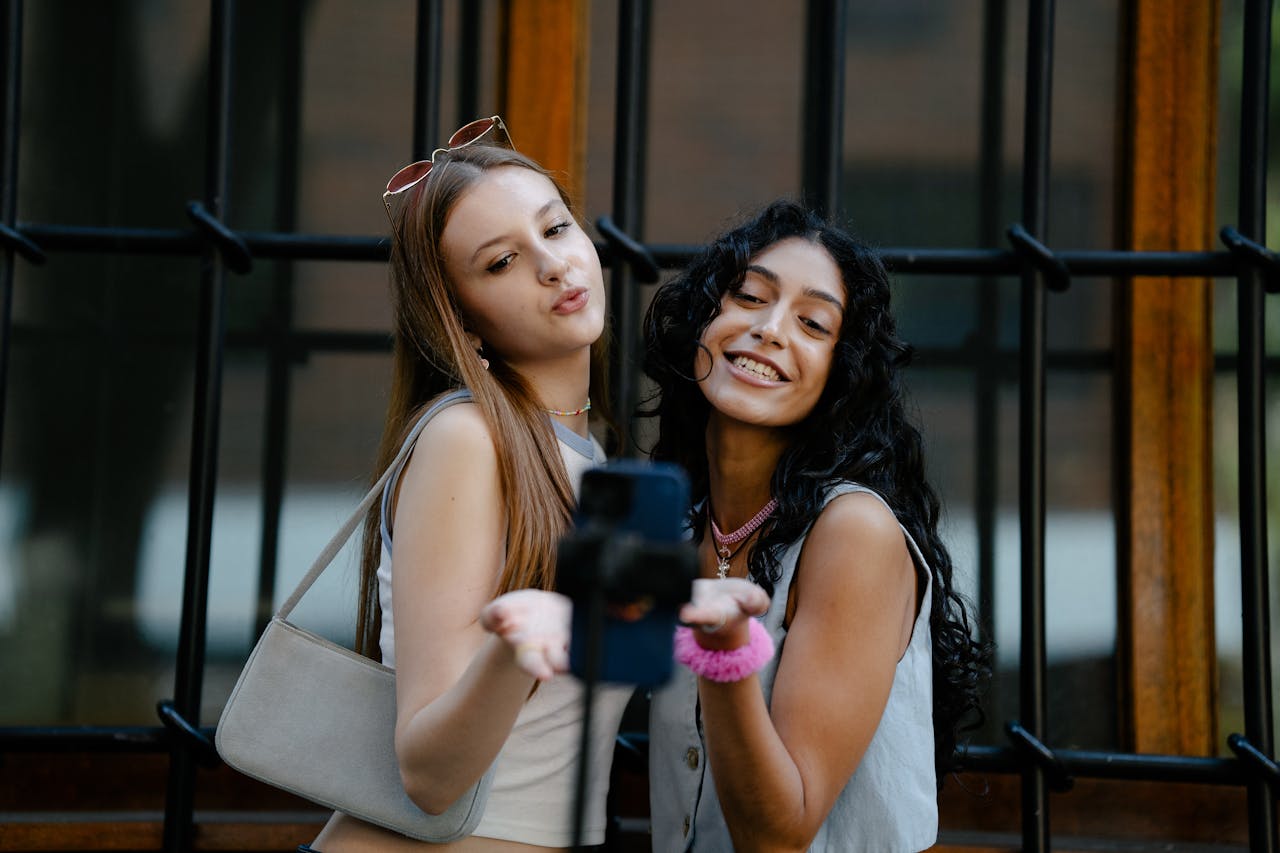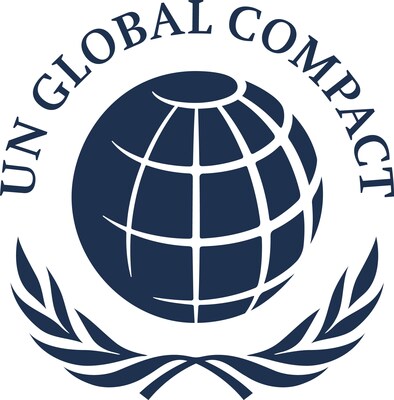Social media influencers are turning to artificial intelligence (AI) to elevate their content. However, they are now challenged by a new wave of competitors: AI-powered Instagrammers, TikTokers, and YouTubers.
A recent Morning Consult poll revealed that over half of Gen Z aspires to become full-time influencers. This career choice shouldn’t be a shock, considering they’ve grown up surrounded by YouTube peers creating makeup tutorials, narrating “Fortnite” gameplay, and demystifying personal finance.
Social media isn’t just their playground; it’s their classroom. It is where Gen Zers live their lives and where they learn about the world. A 2023 report confirms this trend, highlighting how TikTok influencers and celebrities are usurping journalists as the go-to news source for young people.
The influencer lifestyle holds immense appeal: be your own boss, potentially out-earn traditional jobs, and all it takes is camera charisma. The allure of influencer wealth fuels Gen Z’s desire for online fame.
For example, a recent Facebook Marketplace post showed a TikToker charging nearly £3.94 ($5) for selfies with her pink Stanley cup, highlighting the potential (and sometimes unusual) avenues to monetisation.
“Gen Z explicitly wants to become influencers, are trained to become influencers, do camps to become influencers, strategise in a variety of ways to become an influencer,” Angèle Christin, a professor at Stanford studying the influencer industry, told Business Insider’s Clem De Pressigny.
A decade ago, influencer fame was a stroke of luck. Regular people sharing life experiences or niche skills could explode into brand magnets with massive followings. However, the landscape has drastically changed in recent years.
Forget casual posting leading to a lucrative career; the sheer volume of aspiring creators has saturated the market, demanding dedication and hustle alongside talent. To make things worse, advancements in AI technology have birthed a new wave of virtual stars, and major companies are drawn to their cost-effectiveness.
Can human influencers compete with AI personalities?
Nikita Baklanov, an analyst at the influencer-marketing company HypeAuditor, points out that the influencer market is thoroughly saturated. Citing his company’s research, Baklanov further noted that out of Instagram’s some 2 billion monthly active users, “only 800,000 accounts have over 100,000 followers,” which translates to less than 1 per cent of accounts.
Social media manager Julia Broome suggests that differentiation is key with the increasingly saturated influencer landscape. “Creators that were able to get a big buzz or get a huge following back in the day, they’re experiencing some drop-off,” she said.
Baklanov believes financial sustainability in today’s influencer landscape demands diversification. Influencers must explore revenue streams beyond social media, such as subscriptions, merchandise, or online courses.
“Platforms keep changing. The algorithms keep on changing. The formats keep on changing. And at some point, the influencers realise that they have to build a loyal audience, and they have to take that audience outside of social media platforms,” Christin, the Stanford professor, told De Pressigny.
Human vs. machine: The rise of AI influencers
Influencer dreams face a double whammy: lower-cost UGC creators and AI. UGC offers quick cash but lacks the influencer’s dream of building a community. AI adds another layer of competition to an already saturated field.
While virtual influencers like Barbie’s well-established Instagram presence are nothing new, the rise of hyper-realistic AI personalities is reaching new heights of realism, blurring the lines between AI and human personalities.
For instance, Lil Miquela, a fictional 19-year-old created by a California agency, shattered boundaries. With millions of followers across Instagram and TikTok, Lil Miquela (“Miquela”) has even partnered with major brands like BMW.
The idea was to “create something never seen before,” the German premium carmaker said in a statement to AFP. However, Sofia Novales, project manager at The Clueless, said: “We don’t foresee real models becoming obsolete or replaced by AI-generated models like Aitana. “In our view, they can coexist as another competition of the industry.”







